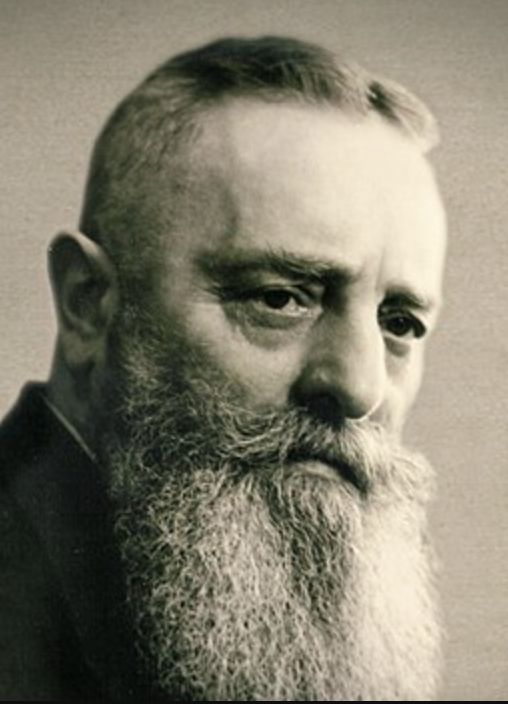Unveiling the Legacy of an Ecological Visionary
In the realm of ecological thinkers and innovators, few names resonate as strongly as Viktor Schauberger. Often described as a maverick scientist and naturalist, Schauberger’s pioneering ideas continue to inspire environmentalists, engineers, and thinkers to this day. In this blog post, we will delve into the life and work of Viktor Schauberger, exploring his unconventional theories, insights into nature, and his enduring legacy as an ecological visionary.
Viktor Schauberger was born in Austria in 1885, into a family with a deep connection to the forests and natural world. His upbringing amidst the untouched beauty of the Austrian Alps had a profound impact on his perception of nature, leading him to develop a unique understanding of its complex and interconnected systems. He became a professional forester himself.
Schauberger believed that nature held inherent wisdom and solutions to many of humanity’s problems. He observed how natural processes, such as the flow of water in streams and rivers, exhibited efficient, harmonious, and spiral-like movements. He coined the term “implosion” to describe these natural forces, in contrast to the destructive “explosion” he saw in conventional human technologies.
Pioneering Ideas:
- Implosion Technology: Schauberger proposed harnessing the power of implosion for energy generation and transportation. He developed designs for devices such as vortex-driven turbines and airships inspired by the movements of fish and birds. These concepts aimed to mimic nature’s efficient and sustainable mechanisms, seeking harmony with the environment rather than exploiting it.
- Water and Forest Conservation: Schauberger recognized the critical role of water and forests in maintaining the balance of ecosystems. He advocated for sustainable forest management practices that respected the natural rhythms of growth and regeneration. He also emphasized the importance of preserving the vitality and purity of water sources, stressing that water should be treated as a living entity.
- Ecosystemic Thinking: Schauberger’s work was rooted in an understanding of the interconnectedness of all natural systems. He believed that human activities should align with the laws of nature rather than trying to dominate or control them. His holistic perspective highlighted the need for sustainable practices that considered the long-term health and well-being of the Earth.
Viktor Schauberger’s ideas were often met with skepticism during his lifetime, but his work has garnered increasing recognition in recent years. Many of his concepts, such as biomimicry and sustainable design, resonate strongly with contemporary environmental movements. Engineers, scientists, and ecologists continue to explore his ideas, incorporating them into innovative technologies and approaches for a more sustainable future.
Schauberger’s insights serve as a reminder of the importance of respecting and learning from nature rather than attempting to conquer it. His vision for a harmonious relationship between humanity and the environment continues to inspire individuals and organizations committed to creating a more ecologically conscious world.
Viktor Schauberger’s legacy as an ecological visionary continues to transcend time. His unconventional perspectives, rooted in a deep reverence for nature’s wisdom, have left an indelible mark on ecological thinking and innovation. Schauberger’s emphasis on sustainable practices, biomimicry, and ecosystemic harmony provides valuable lessons for addressing the environmental challenges we face today. As we navigate the path toward a more sustainable future, we can draw inspiration from Schauberger’s pioneering spirit, seeking to coexist with nature and harness its wisdom for the benefit of all life on Earth.





